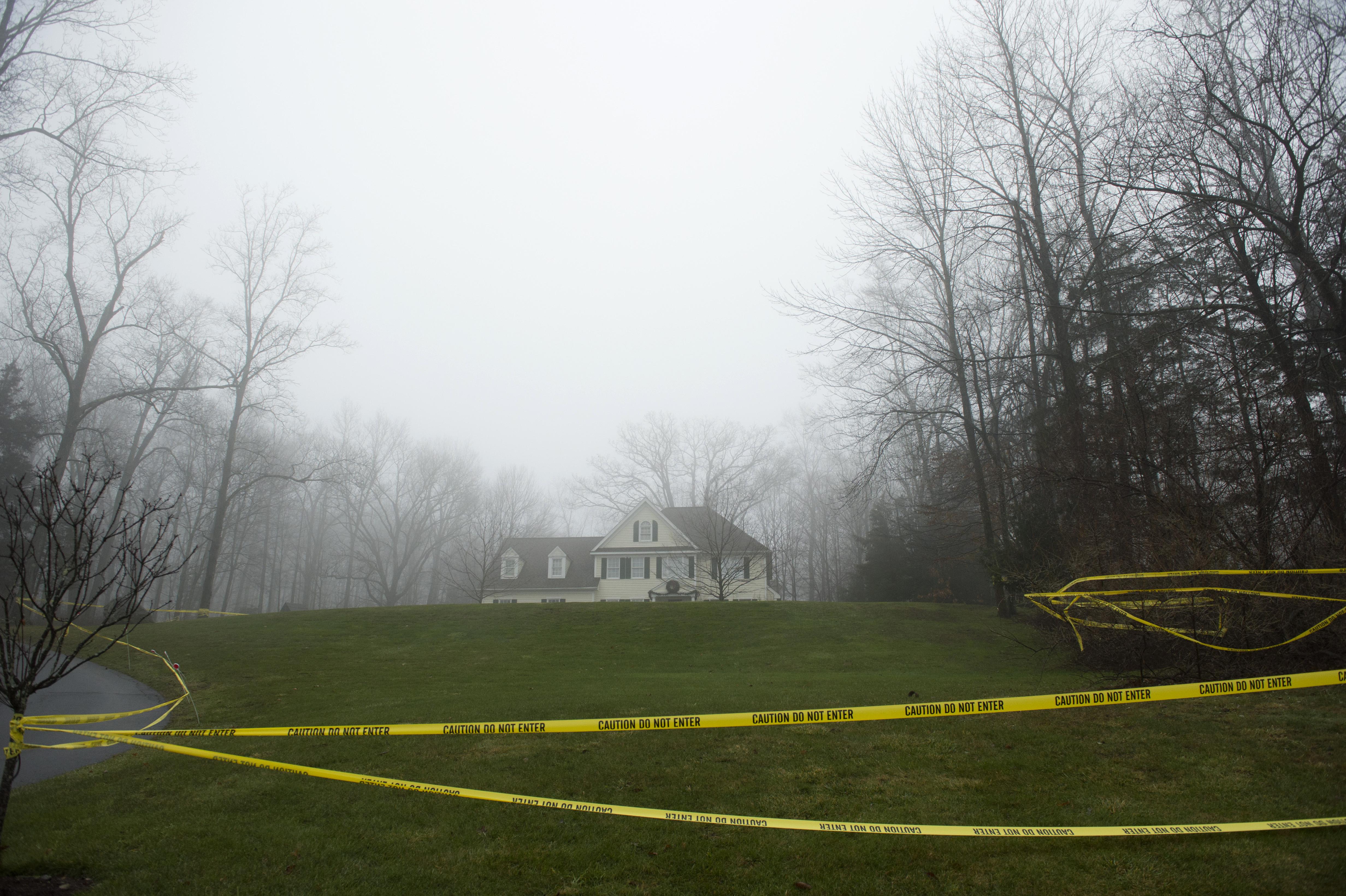As the bodies are buried and the victims of the Newtown, Conn. massacre are memorialized, I beg of people to spare a moment to include Nancy Lanza in the list of innocent victims. Already, a tendency to treat her death as an asterisk has set in. Joan Walsh at Salon describes the way that Lanza is being quietly bracketed aside, as if grouping her with the women and children who died at Sandy Hook Elementary School somehow contaminates them all:
Isolated in life, Lanza seems equally so in death. An anonymous benefactor donated 26 Christmas trees to a Sandy Hook memorial, even though 27 people died.
There seem to be two major reasons people are hesitating to embrace Nancy Lanza as an innocent victim, aside from her shared last name and home with her murderer. Part of it is in the inevitable victim-blaming that occurs whenever a woman suffers violence at the hands of a man in her life: She should have known, she missed the signs, she didn’t get him the vaguely defined “help” we all assume we’d be excellent at getting for our children.
The other part of it is the dawning realization that Lanza was a gun nut, perhaps even a member of the very same aggrieved tribe currently trampling over the bodies of dead children to defend their guns. The knowledge that Lanza bought the guns that her son used to destroy so many lives and families only makes it that much harder to sympathize. Though intellectually, we know that she almost surely had nothing to do with her son’s choice to kill so many people, emotionally, for some of us, she feels like an accomplice. Indeed, Salon’s headline used just this word: “Is she a victim, or do her guns make her an accomplice?”
But I beg of people not to give in to the urge to quietly shun Nancy Lanza from the official list of innocent victims, or blame her for Newtown’s terrible tragedy. Her acquisition of an arsenal of guns doesn’t mean she was an anti-social weirdo who invited violence into her home. As someone who hails from Texas—rural West Texas, originally—I can testify that I’ve known, dated, and am related to plenty of people who have arsenals of their own. They are, like the rest of us, complex individuals—there are many good spouses, friends, and parents in the bunch. (Some are even lifelong, avid Democrats, not that sane party affiliation makes you a good person.) Sure, gun nuttery is connected to a certain fascination with power fantasies, but so are video game and punk rock obsessions.
And that, really, is the problem. Gun manufacturers have successfully exploited a current of paranoia, anxious masculinity, and aggrieved privilege to sell their marks lots and lots of guns that don’t actually do anything to fix their problems. In fact, Nancy Lanza is far from the only person who will die this year at the end of a gun she presumably bought to make herself feel powerful. It’s time, as Drew Magary at Gawker argued, to shift focus from gun owners and toward the people who are making a fortune selling products that have no other purpose but to kill. We should see gun owners like we’ve come around to seeing smokers: people who were successfully ensnared by clever marketing into a lifestyle that does them, and others, way more harm than good. By making gun owners the enemy—something I’ve done myself, and now regret—and not gun manufacturers, we will remain locked in this go-nowhere debate. Shifting focus is the only hope we have of change.
We can start by not demonizing or ignoring Nancy Lanza, a woman who had her flaws as do we all, but who, from reports, sounds like she was well-liked by her friends and under a great deal of stress. Her final moments of being shot in the head by a boy she dedicated much of her life to raising should evoke the same deep well of empathy we have for anyone else who dies in needless violence.
